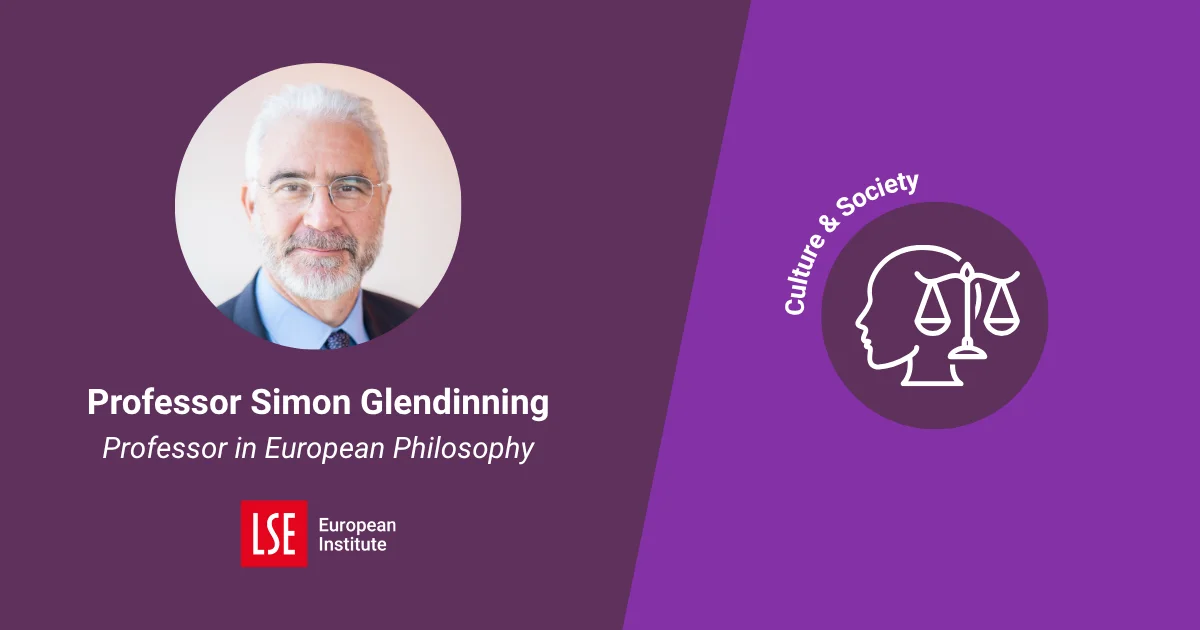The formation of European studies
Our Head of the European Institute Professor Simon Glendinning has published a new article in The European Legacy which addresses the fact that the mainstream formation of academic studies of Europe today is dominated by the methods of the social sciences. He argues for a reformation that draws in approaches and ideas from the contemporary humanities.

Abstract
"Academic studies of Europe in the postwar period increasingly focused on aspects of European integration. This development was led by contributions from the social sciences, not the humanities. The article explores a text first written in the 1950s and then revised in the 1960s which provides a strong rationale for the present focus and approach. The text in question is Denys Hay’s book Europe: The Emergence of an Idea, which argues that Europe’s relatively recent historical emergence as a cultural unity makes it fit for a distinctive form of regional studies. Hay conceived such studies as having their centre of gravity in concrete problems that stand in the way of achieving closer European union; concrete problems in, especially, politics, economics, and law, which closer union would raise. What Hay did not think such studies required was a contribution from the humanities. The article explores Hay’s argument for that view, and offers a counterargument to the effect that, in light of the fundamental changes in the humanities since the 1960s, European Studies today would significantly benefit from incorporating humanities elements and approaches into its formation."
Read the full journal article